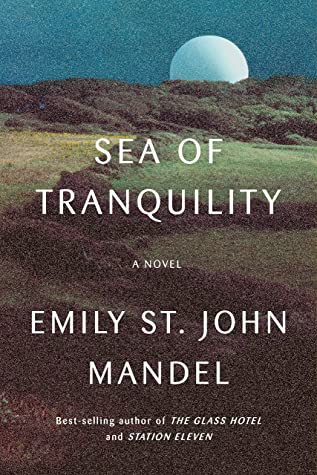Une madeleine de Proust d'un thème SF
3 stars
Lu en anglais.
Le thème traité dans le livre est un classique dans le genre SF. Il y a eu de nombreux traitements, s'alimentant de l'imagination ou de la science et éventuelles conjectures.
Ici, c'est avant tout un prétexte, je pense, un prétexte pour déployer différentes questions sur la société, mais des questions de vie et perceptions individuelles. Sans écrire un roman en 20 tomes, l'autrice nous offre un roman agréable à lire et qui donne à penser.
Parfois, certains développement me donnaient envie de critiquer. La musique du récit m'emmenait à nouveau. On pourrait qualifier certains sujets d'éculés. S'ils sont maniés avec finesse ou légèretés, ils peuvent non moins être agréables.
Lu en anglais.
Le thème traité dans le livre est un classique dans le genre SF. Il y a eu de nombreux traitements, s'alimentant de l'imagination ou de la science et éventuelles conjectures.
Ici, c'est avant tout un prétexte, je pense, un prétexte pour déployer différentes questions sur la société, mais des questions de vie et perceptions individuelles. Sans écrire un roman en 20 tomes, l'autrice nous offre un roman agréable à lire et qui donne à penser.
Parfois, certains développement me donnaient envie de critiquer. La musique du récit m'emmenait à nouveau. On pourrait qualifier certains sujets d'éculés. S'ils sont maniés avec finesse ou légèretés, ils peuvent non moins être agréables.













